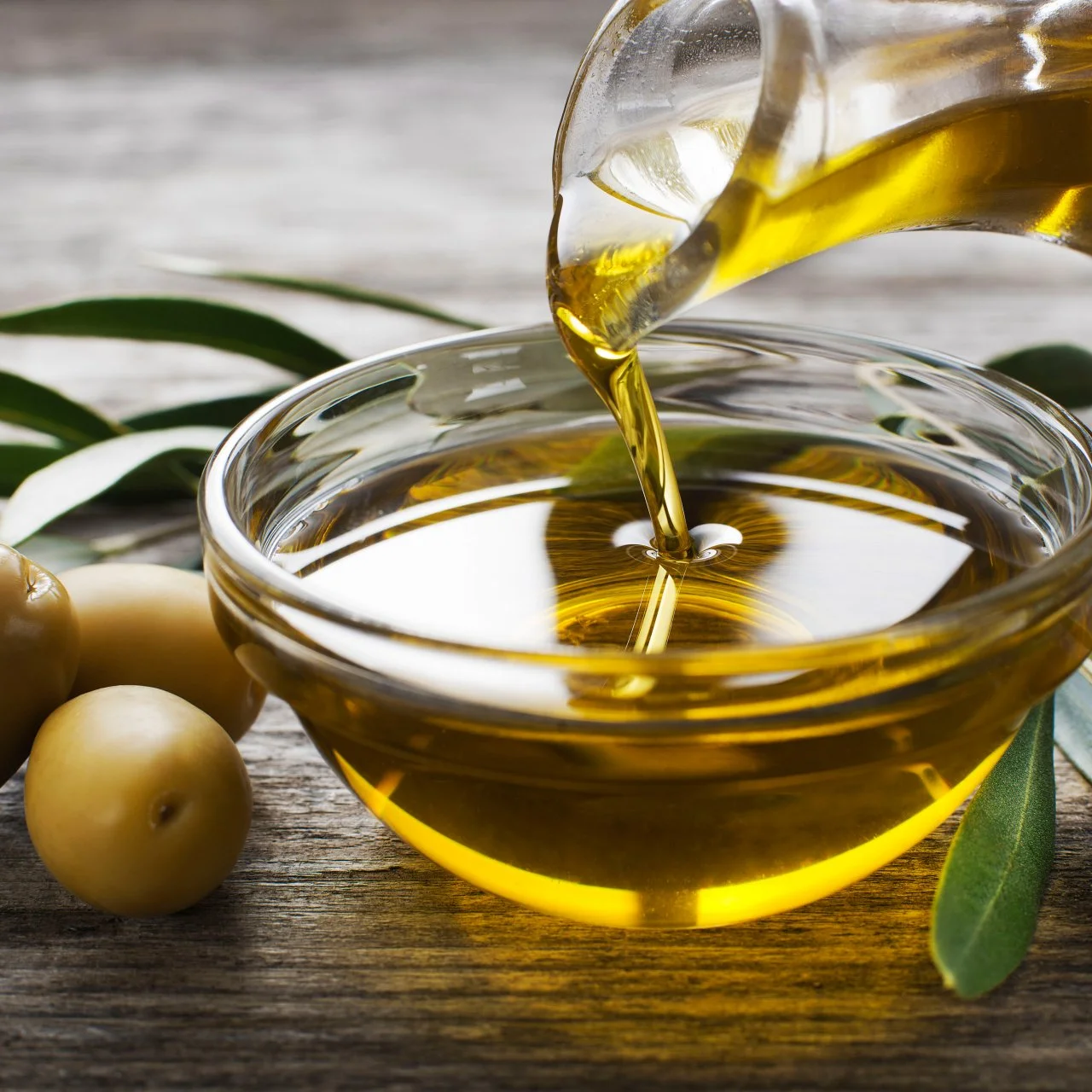Extra Virgin Olive Oil Benefits: The Key to Radiant and Youthful Skin
Discovering the Different Types of Olive Oil and Their Uses, Including Bonus Virgin Olive Oil
The expedition of olive oil incorporates a diverse variety of types, each offering culinary applications and distinct tastes. Extra virgin olive oil, renowned for its remarkable quality and health and wellness benefits, offers as a staple in lots of kitchens, yet it is only one element of this complex active ingredient.
What Is Olive Oil?
Obtained from the fruit of the olive tree, olive oil is a staple in Mediterranean food and a key active ingredient in numerous culinary applications. This functional oil is produced by pushing whole olives, leading to a liquid that differs in flavor, color, and fragrance depending upon the type of olives used, the region of cultivation, and the removal procedure. Olive oil is primarily made up of monounsaturated fats, specifically oleic acid, which is known for its potential health advantages, including anti-inflammatory buildings and cardiovascular support.
In enhancement to its culinary usages, olive oil has a long history of application in typical medication and skincare, owing to its abundant antioxidant web content (extra virgin olive oil benefits). The oil is commonly made use of in dressings, marinates, and for cooking approaches such as sautéing and roasting. Its unique taste account can improve the preference of various dishes, making it a vital component for both home cooks and professional cooks
Furthermore, olive oil is commemorated for its function in the Mediterranean diet, which is related to countless wellness advantages. As awareness of these benefits grows, olive oil continues to acquire popularity worldwide as an essential element of a healthy way of living.
Types of Olive Oil
Understanding the numerous kinds of olive oil is necessary for both health-conscious customers and cooking lovers. Olive oil is categorized largely based upon its removal technique and top quality, which considerably influences its taste, scent, and wellness advantages.

Light olive oil, despite its name, refers to a lighter taste and not lower calories. It is ideal for those looking for a much more refined preference in dressings and sauces. Furthermore, there are flavorful olive oils instilled with natural herbs, seasonings, or citrus, which can enhance dishes without the demand for added seasoning.
Each kind of olive oil offers specific culinary purposes, and understanding these distinctions permits consumers to make enlightened choices that line up with their food preparation designs and health goals.
Bonus Virgin Olive Oil
Bonus virgin olive oil (EVOO) is widely considered as the best quality olive oil available, renowned for its abundant flavor and countless health and wellness advantages. To be classified as extra virgin, the oil has to be generated from fresh olives making use of mechanical procedures, without using solvents or extreme warmth. This precise approach preserves the oil's all-natural tastes, anti-oxidants, and healthy fats, resulting in an item with a low acidity degree of less than 0.8%.
EVOO is bountiful in monounsaturated fats, especially oleic acid, which is connected to lowered swelling and enhanced heart health. It likewise consists of polyphenols, powerful antioxidants that may use protective effects against persistent conditions. The flavor profile of EVOO can differ dramatically depending on the olive selection and area of production, ranging from grassy and fruity to durable and sharp.
:max_bytes(150000):strip_icc()/Simply-Recipes-Olive-Oil-vs-Extra-Virgin-LEAD-2-06554176fc6b45aabaa647a2493d2d52.jpg)
Culinary Use Olive Oil

In cooking, olive oil can be used for sautéing, toasting, and barbecuing, offering a much healthier option to butter or various other fats. Its high smoke point makes it ideal for numerous cooking techniques, while its antioxidants add to a heart-healthy diet. Showering olive oil over ended up dishes, such as pasta, fish, or grilled vegetables, can boost link tastes and include a touch of sophistication.
In addition, olive oil plays a substantial duty in cooking, where it can change typical fats in recipes for bread and pastries, presenting dampness and a refined preference. It also functions as a base for infused oils, enabling chefs to trying out tastes such as garlic, herbs, or chili, better expanding its culinary capacity. In general, olive oil's versatility makes it important in both home and specialist kitchen areas.
Choosing Top Quality Olive Oil
When choosing quality olive oil, it's vital to think about several key aspects that influence the product's fragrance, wellness, and flavor advantages. First and foremost, go with extra virgin olive oil (EVOO), which is stemmed from the first chilly pushing of olives and has the highest degree of antioxidants and valuable substances. Look for oils that are licensed by identified organizations, as this typically guarantees adherence to stringent high quality requirements.
The packaging additionally plays a significant duty in protecting the oil's stability. Select oils saved in dark glass containers or tins to secure versus light degradation. Focus on the harvest date; fresher oils offer remarkable taste and nutritional value, so choose items that are within 18 months of their harvest.
In enhancement, take into consideration the origin of the oil. Top quality olive oils why not try here frequently come from details regions recognized for their distinct flavor accounts, such as Italian, Spanish, or Greek oils. Finally, know the taste; a top quality olive oil must have an equilibrium of fruity, bitter, and sharp notes, suggesting its richness and complexity. By examining these aspects, you can guarantee you are choosing the very best olive oil for your cooking requirements.
Final Thought
In summary, the expedition of different types of olive oil discloses unique features and applications, with added virgin olive oil standing for the pinnacle of quality due to its look at these guys low acidity and high antioxidant content. Its adaptability in cooking uses boosts tastes in dressings, sauces, and showers. Recognizing the different varieties of olive oil permits for informed selections in cooking approaches, promoting healthier techniques while enhancing the general gastronomic experience. Quality option continues to be vital for ideal advantages.
Derived from the fruit of the olive tree, olive oil is a staple in Mediterranean cuisine and an essential active ingredient in various culinary applications.The most usual types of olive oil include refined olive oil, pure olive oil, and light olive oil.Additional virgin olive oil (EVOO) is commonly regarded as the highest top quality olive oil readily available, renowned for its abundant taste and countless health advantages. Choose for added virgin olive oil (EVOO), which is acquired from the initial chilly pressing of olives and consists of the highest levels of anti-oxidants and helpful substances.In recap, the exploration of different kinds of olive oil discloses distinctive attributes and applications, with extra virgin olive oil representing the peak of quality due to its low acidity and high antioxidant web content.